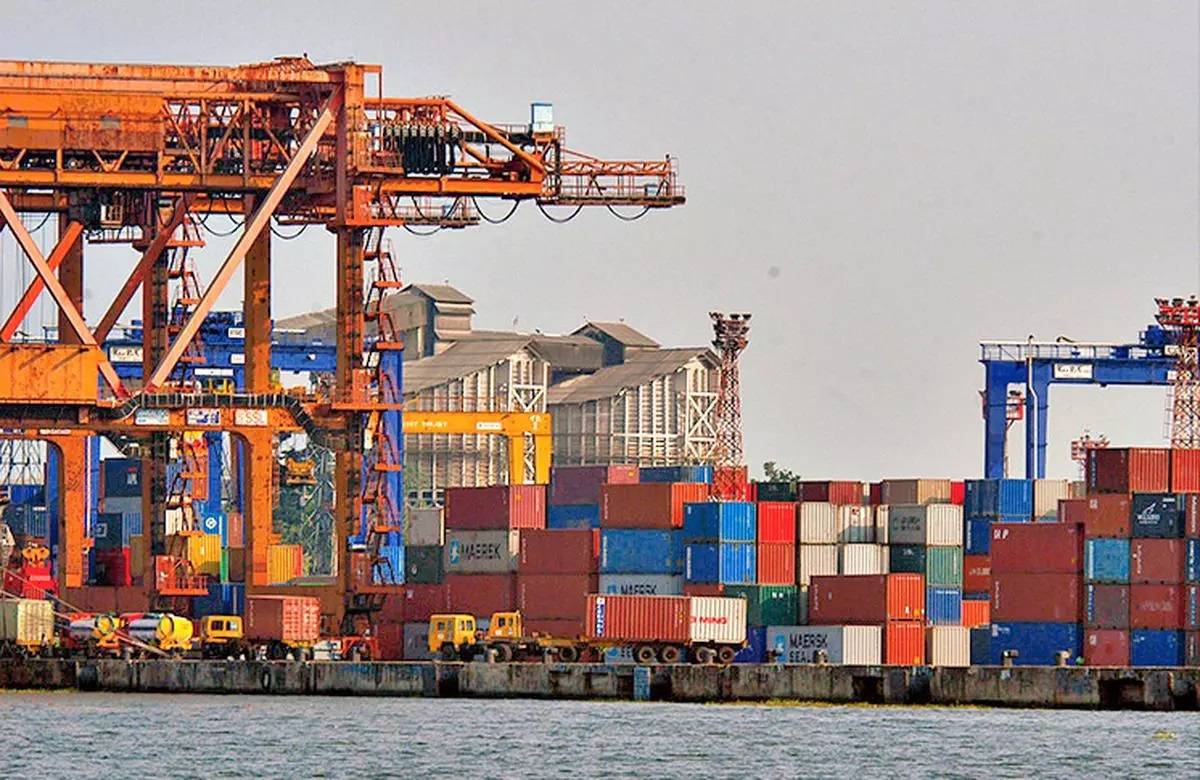
According to a senior official, the new Foreign Trade Policy (FTP), which has no set expiration date, will be continuously updated in response to suggestions from exporters and changes in the external environment. However, for the time being, schemes and benefits offered to exporters are not likely to be withdrawn.
"Because of the unstable external market, exporters need assistance. By eliminating programmes, the government does not want to cause trouble. Most FTP changes will increase the benefits "stated the official. To maintain predictability and consistency in policy, FTP 2023 does not have an end date, but modifications must be created as needed.
"The intention is not to make exporters from a certain sector wait five years if they approach the government asking for extra incentives or modifications to the programme. Instead, the government will review the enquiry right away, and if the claim is true, the adjustment will be made "the official added.
While India has discontinued the majority of the incentive programmes, including merchandise exports, which were contested at the WTO for violating multilateral standards, it is still pursuing others, such as the EPCG programme.
"The EPCG plan, which exempts capital items from import duties in exchange for specific export obligations, is a crucial step in assisting in the manufacturing of high-quality commodities. There is no urgent cause to stop it, and the government does not consider it to be an export subsidy "Added another source.
Remission of Duties or Taxes on Export Products (RODTEP), the most well-known programme for exporters, was created with WTO regulations in mind and is therefore anticipated to remain in place. It does not provide any export perks and remits all input duties paid by the producer of an exported product.
"This FTP discusses switching from incentive programmes to remission programmes. So, it is anticipated that initiatives like RODTEP and ROSCTL (for textiles) would last for a very long period "the source stated.
The government will allow exporters adequate adjustment time if it decides to stop enforcing a particular policy or action.










